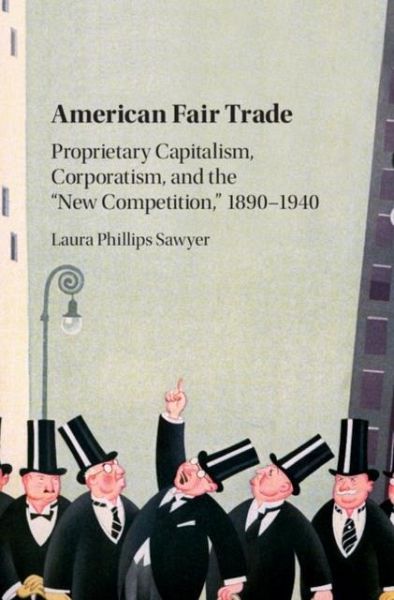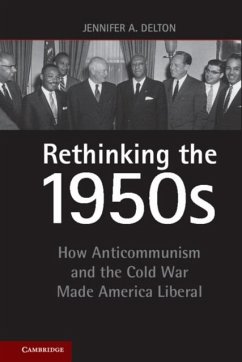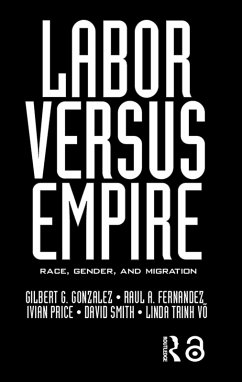
American Fair Trade (eBook, PDF)
Proprietary Capitalism, Corporatism, and the 'New Competition,' 1890-1940
Versandkostenfrei!
Sofort per Download lieferbar
47,95 €
inkl. MwSt.
Weitere Ausgaben:

PAYBACK Punkte
24 °P sammeln!
Rather than viewing the history of American capitalism as the unassailable ascent of large-scale corporations and free competition, American Fair Trade argues that trade associations of independent proprietors lobbied and litigated to reshape competition policy to their benefit. At the turn of the twentieth century, this widespread fair trade movement borrowed from progressive law and economics, demonstrating a persistent concern with market fairness - not only fair prices for consumers but also fair competition among businesses. Proponents of fair trade collaborated with regulators to create ...
Rather than viewing the history of American capitalism as the unassailable ascent of large-scale corporations and free competition, American Fair Trade argues that trade associations of independent proprietors lobbied and litigated to reshape competition policy to their benefit. At the turn of the twentieth century, this widespread fair trade movement borrowed from progressive law and economics, demonstrating a persistent concern with market fairness - not only fair prices for consumers but also fair competition among businesses. Proponents of fair trade collaborated with regulators to create codes of fair competition and influenced the administrative state's public-private approach to market regulation. New Deal partnerships in planning borrowed from those efforts to manage competitive markets, yet ultimately discredited the fair trade model by mandating economy-wide trade rules that sharply reduced competition. Laura Phillips Sawyer analyzes how these efforts to reconcile the American tradition of a well-regulated society with the legacy of Gilded Age of laissez-faire capitalism produced the modern American regulatory state.
Dieser Download kann aus rechtlichen Gründen nur mit Rechnungsadresse in A, B, BG, CY, CZ, D, DK, EW, E, FIN, F, GR, HR, H, IRL, I, LT, L, LR, M, NL, PL, P, R, S, SLO, SK ausgeliefert werden.













